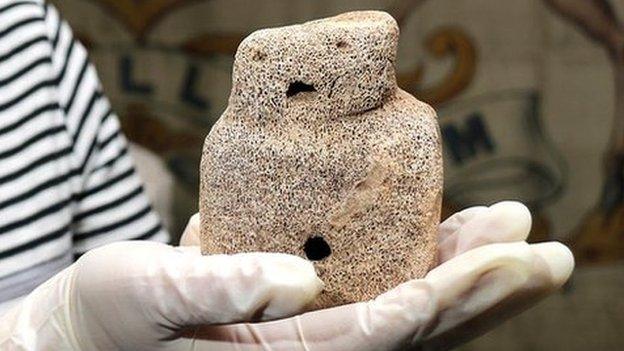Neolithic Orkney rivalries detailed in new study
- Published
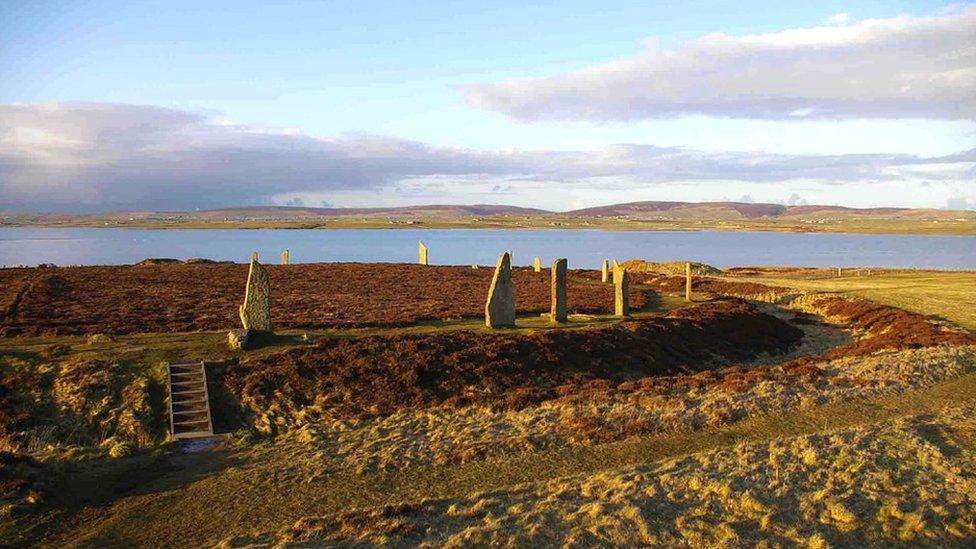
Ring of Brodgar is a famous Orkney site
Rivalries in Orkney more than 4,500 years ago led to competition between communities including over how people were buried, according to new research.
Scientists were able to gather much more precise estimates of the timing and duration of events in the period around 3200-2500 BC by examining more than 600 radiocarbon dates.
The study challenges many previously-held ideas about Neolithic Orkney.
The study has been published in the journal Antiquity, external.
It was led by Prof Alex Bayliss from Historic England, with Prof Colin Richards of the University of the Highlands and Islands in Kirkwall as co-author. It is part of a wider project called The Times of Their Lives.
Ritual clues
The study concludes that seemingly rapid changes in settlements and monuments indicate that there were rivalries and tension between social groups.
This was played out in how they buried their dead and in their communal gatherings and rituals.
The study covered famous Orkney sites including Skara Brae and Maeshowe.

Key dates indicated by the study
Orkney was probably first colonised in 3600 BC
Settlement peaked in the period 3100-2900 BC
There was a phase of decline 2800-2600 BC, measured by the number of stone houses in use
Settlement resumed in 2600-2300 BC, and it could have been about this time that the Ring of Brodgar itself was erected.

Prof Bayliss said: "This study shows that new statistical analysis of the large numbers of radiocarbon dates that are now available in British archaeology really changes what we can know about our pasts.
"People in the Neolithic made choices, just like us, about all sorts of things - where to live, how to bury their dead, how to farm, where and when to gather together - and those choices are just beginning to come into view through archaeology.
"It's an exciting time to be an archaeological scientist."
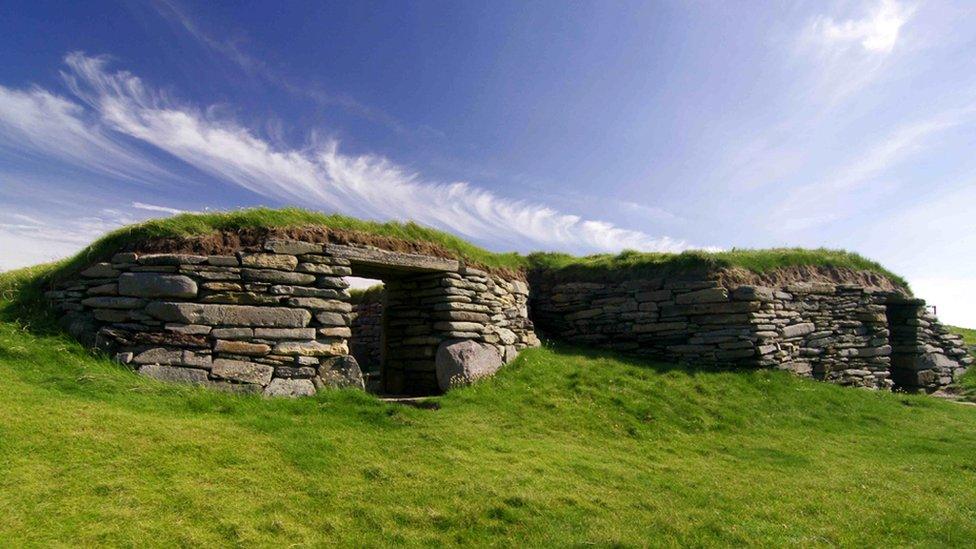
Prof Richards said: "Our study shows how much remains to be discovered in Orkney about the Neolithic period, even though it may appear well known."
Prof Alasdair Whittle of Cardiff University is the lead investigator for The Times of Their Lives.
Prof Whittle said: "Visitors come from all over the world to admire the wonderfully preserved archaeological remains of Orkney, in what may seem a timeless setting.
"Our study underlines that the Neolithic past was often rapidly changing, and that what may appear to us to be enduring monuments were in fact part of a dynamic historical context."
- Published22 July 2017
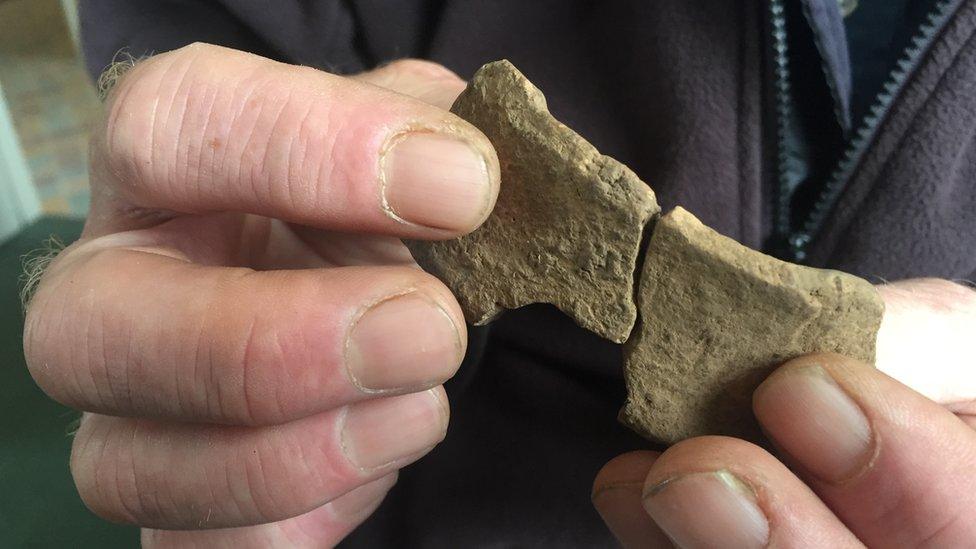
- Published19 July 2017
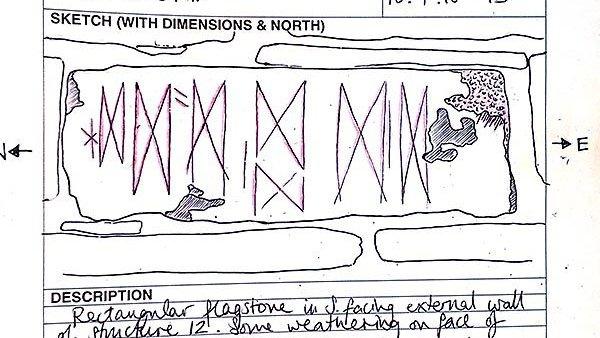
- Published26 September 2016
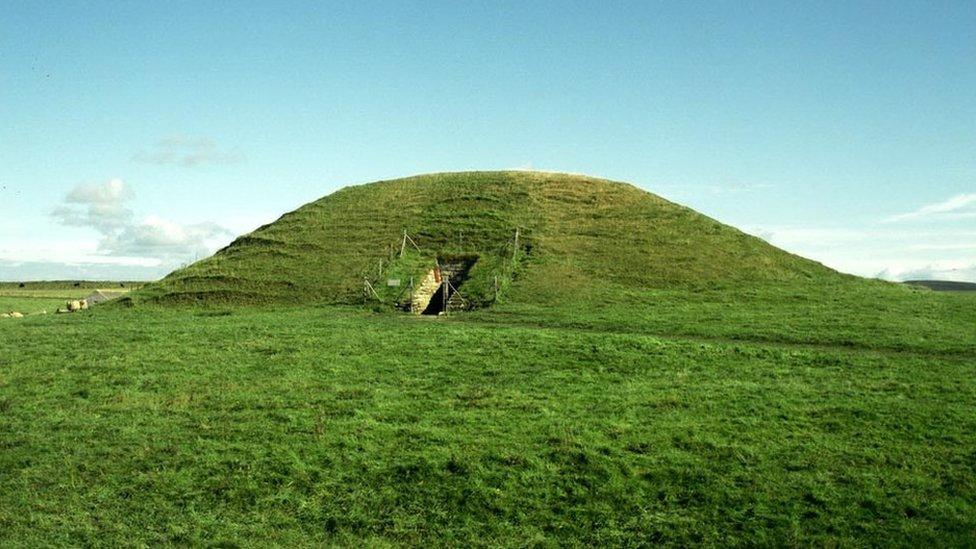
- Published21 July 2016
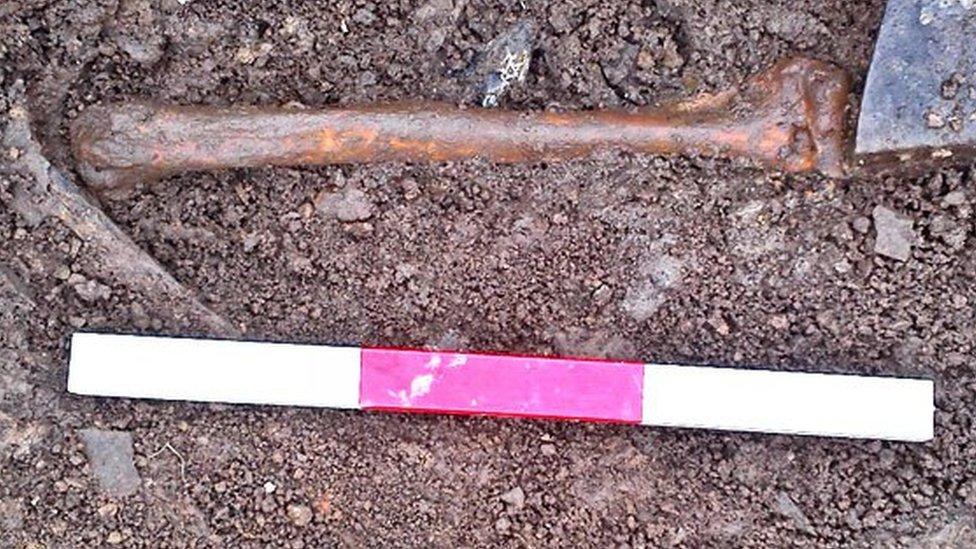
- Published15 June 2016
